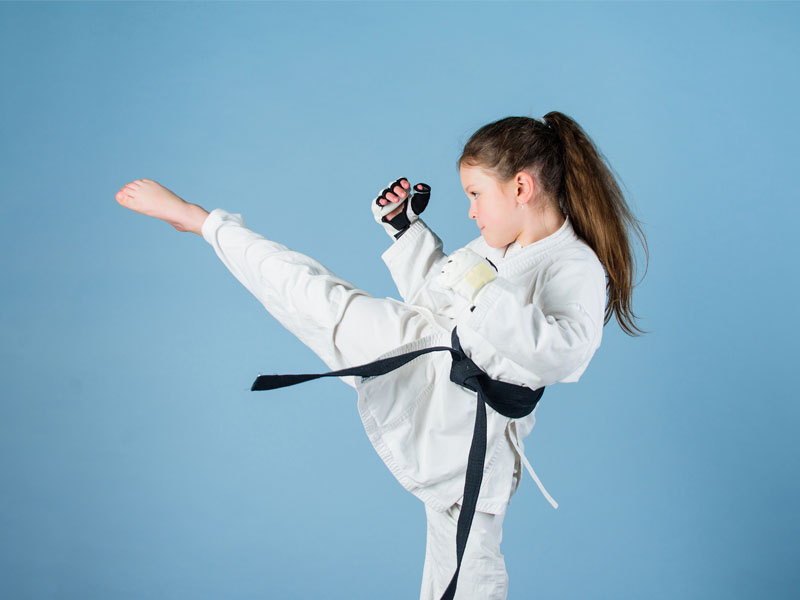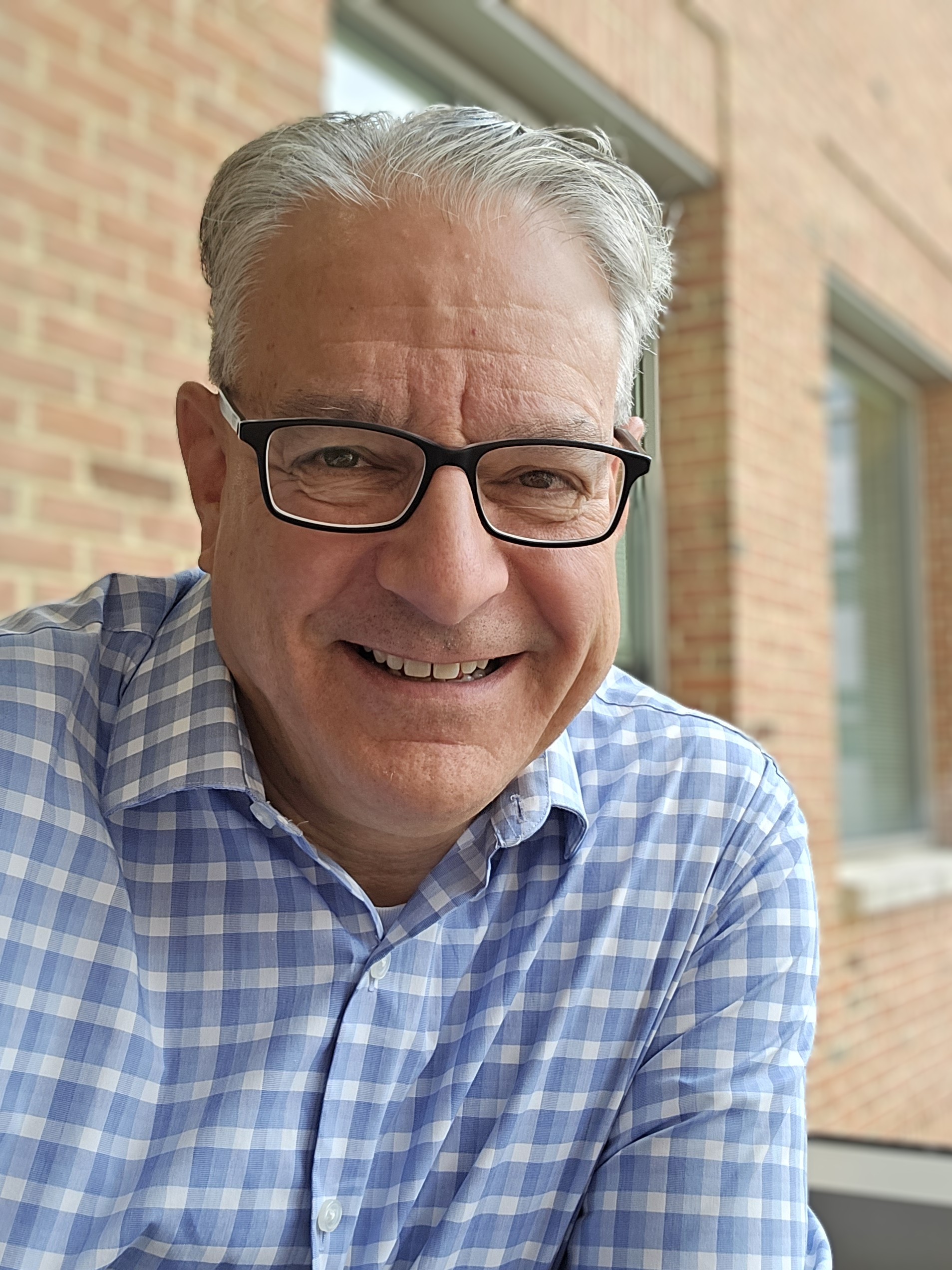Experience is the best teacher. But during a pandemic, watching and discussing movies with our kids can also provide powerful, teachable moments. Escaping into the screen, we meet people like ourselves, struggling and learning through experience.
Watching the 1984 classic “The Karate Kid” as a parent opened my eyes to new insights. Mr. Miyagi, the ancient, childless, widowed master of martial arts is mentor to Daniel, an 18-year-old student who has a loving mom, but misses and dearly needs the love and guidance of his deceased dad. His world suffers from a limited supply of connection and decency, sadly like ours. Among the film’s lessons are many illustrations of effective, accessible, positive parenting tools.
No Bad Students, Only Bad Teachers
As the story opens, Daniel has been bullied and beaten. Without self-respect, he feels he has no options or future. All of this is noticed by a caring neighbor, Mr. Miyagi. Though not Daniel’s parent, Miyagi offers genuine interest, encouragement and hands-on mentoring – a model of good parenting. He has a rare knack for teaching overwhelmingly complex tasks by breaking them into small, achievable steps. This approach opens the door for Daniel to learn karate. The now-famous “wax on, wax off” scene reshapes the simple motions of polishing a car into the beauty of martial arts. Daniel’s transformation begins.
My wife and I hoped for transformation when we first registered for classes many years ago with the Parent Encouragement Program (PEP) of Kensington, Maryland. Our children lacked discipline and our efforts to control them disappointed us. At PEP, we learned that although the common usage of the word discipline means “to control,” the word’s Latin root means “to teach.” That meaning is the foundation of positive parenting.
So, despite embarking on a journey to change our kids, we found that we were the ones in need of change. Neither we nor our kids needed fixing. We just needed to learn and practice becoming more encouraging, more connected and less corrective. The situation beckoned more hands-on teaching to intentionally prepare our kids for life’s basic tasks and less correction in the moment. Our transformation had begun.
Children are very observant, so they sense this shift in their parents’ attitude immediately. In the many scenes where Mr. Miyagi smiles acceptingly through Daniel’s karate trials and failures, Miyagi’s joy is infectious. This joy transforms Daniel. His face fills with determination and courage.
The word “courage” comes from the French word for “heart.” To succeed in their extremely hard job, parents need encouragement and must become encouraging. Witness the accepting smile of a parent observing an enthusiastic preschooler’s dismal vacuuming and dusting efforts. This shift from constantly pointing out the child’s failures is a transformation that takes place within us, the parents, when we realize that it is okay for our children to struggle. We cannot do for our children what they must do for themselves, but we can prepare them through teaching, step by tiny step.
“Fighting is always the last answer to the problem.”
The opening scenes establish that Daniel must literally fight the bullies of his high school to restore confidence and self-respect. But it is remarkable how little of the film is actually comprised of fighting. Beyond brief disagreements with his mom and the signature karate scenes, the movie wants us to understand that success does not come from battle.
So why does parenting often resemble a battlefield? We nag, scream, cajole, manipulate and pressure our children. We reward and punish them. This backfires by teaching our children these same belligerent skills. Social media and news compound the problem, bombarding our children with reminders that success depends somehow on fighting. It is no wonder families mistakenly believe they can succeed through battling and domination. But what are the alternatives?
Safeguarded, Seen, Soothed, Secured
Noted parenting author Tina Payne Bryson (“The Whole-Brain Child” and “No-Drama Discipline”) has a pithy way to describe how children secure their relationships to caring adults: they must be “safeguarded,” “seen” and “soothed.” Daniel’s journey begins with a loving mother and a kind mentor, but in order to succeed, he must enter into all-out martial arts combat. The calculated risk of a karate injury comes with the territory. So, how exactly does that work, balancing safety and danger?
In her 2018 book “The Good News About Bad Behavior,” Katherine Reynolds Lewis (full disclosure: Katherine is my coparent) describes the paradoxical research findings of New Zealand’s Dunedin longitudinal study of 1,000 children carefully monitored over one dozen visits through age 38. Focusing on those who had traumatic childhood falls from playground equipment, the study arrived at the surprising observation that children who had fallen were more resilient and less phobic of heights than their peers without falls. Could falls protect children somehow later in life?
Children need ever-expanding opportunities to face challenges and even danger while learning to maintain their safety. We see all around us that our children’s opportunities to grow are impossible when parents hover. So again, how does that work, balancing safety and danger? It is difficult. There is no easy guide for how to send your newly minted, licensed and qualified 16-year-old out for their first solo drive through metropolitan D.C. You simply admit to yourself that it is an uncomfortable necessity.
We just experienced this enormous leap with our son. His animation and pride later that day spoke for themselves. “No blood or broken bones” (as we like to say in our family) is safe enough for us. We can hope to strike that balance by safeguarding, seeing and attending to our kids. But, ultimately, we must send them off to face life’s risks without getting in their way.
The Human Side
Two of the most moving passages of “The Karate Kid” occur through the revelation of deep vulnerability and humanity. Despite his unflagging wisdom and poise, Mr. Miyagi loses self-control recalling the haunting loss of his father, wife and child. Unexpectedly, Daniel finds Mr. Miyagi drinking, sobbing and retelling his story through a dimly remembered conversation.
In my favorite scene of the film, the bully, Johnny, attempts to incapacitate Daniel. We have seen the worst of mentoring in Johnny’s sensei, who now sends him to “finish” Daniel. We unexpectedly learn of Johnny’s humanity and vulnerability when, defeated, he celebrates the film’s ultimate resolution. Again, “No such thing as bad student, only bad teacher” raises the possibility that Johnny may find his way despite what amounts to bad parenting.
Sharing our own vulnerability and stories only strengthens our parenting. These are leadership qualities we can model for our kids. Some believe that parents should be perfect, but the goal of perfection is not only unattainable, but also incredibly discouraging for our children. The alternative – sharing our pains, regrets, shames, apologies, mistakes and failures – leads to meaningful conversations with our children, helping them focus on connecting, rather than pleasing or complying. Do we make it easy for our kids to see us as human? Sharing our true stories, like a good movie, beats a lecture any day.
A Whole Life Lesson
Parenting is a whole life challenge. At my best, I remember to focus on the long-term goals, not winning in the moment at any cost. I hear Mr. Miyagi reminding us “Win, lose – no matter.” In fact, it seems the only way to succeed as a parent is to accept small failures along the way. Late for school? Not the end of the world. Mess in the kitchen? Not necessarily the biggest priority compared to witnessing, training and launching our kids. The requisite for the big goal: connecting. This kind of balance can, indeed, be a lesson for all of life.



